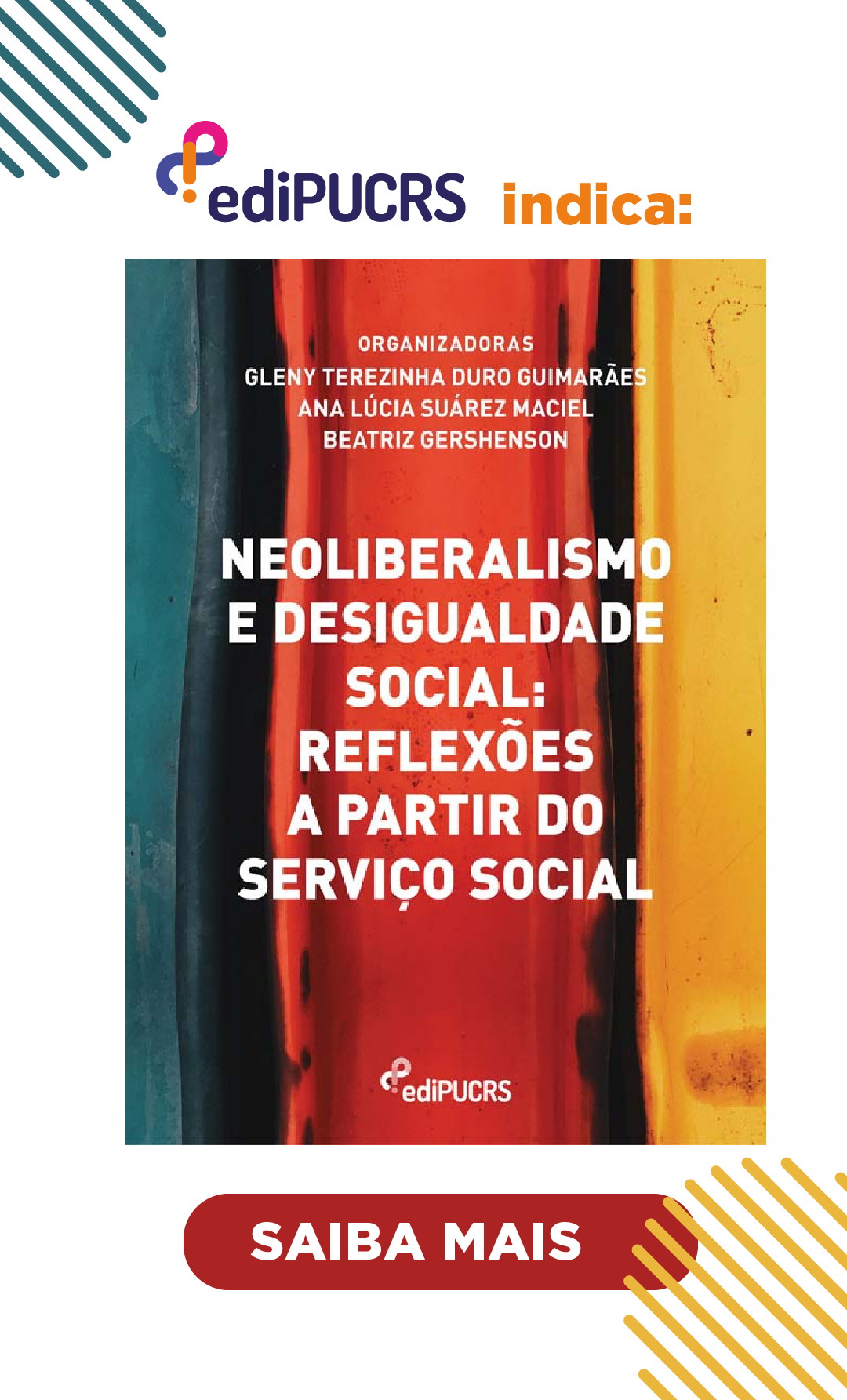Democratization in the evolution of political thinking by Georges Lukács
DOI:
https://doi.org/10.15448/1677-9509.2019.2.30103Keywords:
Evolution. Political thought. Democratization. Quotidian. Georges Lukács.Abstract
The text deals with politics in Lukács as a process of democratization of a radically socialist character and as a Marxist philosophical position, where dialectics is the method to exercise the critique of reality over which man develops, through labor, alternatives of emancipation, at the same time in which it establishes the means to achieve its purposes. Politics is a dimension of the praxis of man’s dominion over nature, within the limits he finds in everyday life and in accordance with socio-historical conditions and the degree of economic development where Lenin’s influence is important. A historical analysis of bibliographical basis and exchanges with intellectuals of the same tradition was used, relating the phases of political and philosophical thinking with the political experiences of the thinker in Hungary and Russia.
Downloads
References
AVRON, H. Lukács ou le Front Populaire en littérature. Paris: Editions Seghers, 1968.
BOURDET, Y. Figures de Lukács. Paris: Anthropos, 1972.
INFRANCA, A. Trabajo, Individuo, História. El concepto de trabajo en Lukács. Buenos Aires, Herramienta Ediciones. 2005.
LUKÁCS, G. Histoire et Conscience de Classe. [S. l.]: Paris, 1960.
LUKÁCS, G. Existentialisme ou Marxisme? Paris: Editions Nagel, 1961.
LUKÁCS, G. História e Consciência de Classe. Estudos de dialética marxista. Porto: Publicações Escorpião, 1974.
LUKÁCS, G. Le Jeune Hegel I. Paris: Editions Gallimard, 1981a.
LUKÁCS, G. Correspondence de Jeunesse. Paris: François Maspero, 1981.
LUKÁCS, G. O Jovem Marx e outros escritos de filosofia. Rio de Janeiro: UFRJ, 2007.
LUKÁCS, G. Diálogo sobre O “pensamento vivido”. Última entrevista de Lukács – Extratos. Ensaio. Filosofia, política, ciência da história, São Paulo, número especial, p. 13-108, 1986.
LUKÁCS, G. Lênin. Um estudo sobre a unidade de seu pensamento. São Paulo, 2012.
LUKÁCS, G. La destruction de la raison: Schelling, Schopenhauer, Kierkegaard. Paris: Editions Dela, 2010.
LUKÁCS, G. La destruction de la raison: Nietzsche. Paris: Editions Dela, 2012.
LUKÁCS, G. Táctica y Ética: escritos tempranos (1919-1929). Buenos Aires: Herramienta Ediciones, 2014.
LUKÁCS, G. Reboquismo e Dialética: uma resposta das críticas de História e Consciência de Classe. São Paulo: Boitempo Editorial, 2015. https://doi.org/10.36311/0102-5864.2017.v54n1.10.p136
LÖWY, M. Une Sociologie des intellectuels révolutionnaires. Paris: Presses Universitaires de France, 1976.
LÖWY, M. Le Romantisme (anticapitaliste) dans la Théorie du Roman. Lukács 2016: cents ans de Théorie du roman. Romanesques – Revue du Centre d’études du roman et du romanesque, Paris, n. 8, p. 109-126, 2016. https://doi.org/10.1515/arcadia-2017-0031
MESZAROZ, I. O conceito de Dialética em Lukács. São Paulo: Boitempo Editorial, 2013.
MESZAROZ, I. Socialismo e Democratização: escritos políticos 1956-1971. Rio de Janeiro: UFRJ, 2011.
OLDRINI, G. Le Mythe du Jeune Lukács. In: FURLAN, P. et al. Actes du Colloque du Goethe Institute. Réification et Utopie. Ernest Bloch & Gyorgy Lukács. Un siècle après. Paris: Actes SUD/ Hubery Nyren Editeur, 1986. p. 115-129.
TERTULIAN, N. Georges Lukács: Etapes de sa pensée esthétique. Paris: Sycomore, 1980.
TERTULIAN, N. (1985, 24 de Maio) Georges Lukács et les tragédies du siècle. Le Monde.
TERTULIAN, N. Pourquoi Lukács? Paris: Editions Fundation des Sciences de l’Homme, 2016.
Downloads
Published
How to Cite
Issue
Section
License
Copyright (c) 2020 Textos & Contextos (Porto Alegre)

This work is licensed under a Creative Commons Attribution 4.0 International License.
Copyright
The submission of originals to Textos & Contextos (Porto Alegre) implies the transfer by the authors of the right for publication. Authors retain copyright and grant the journal right of first publication. If the authors wish to include the same data into another publication, they must cite Textos & Contextos (Porto Alegre) as the site of original publication.
Creative Commons License
Except where otherwise specified, material published in this journal is licensed under a Creative Commons Attribution 4.0 International license, which allows unrestricted use, distribution and reproduction in any medium, provided the original publication is correctly cited.





